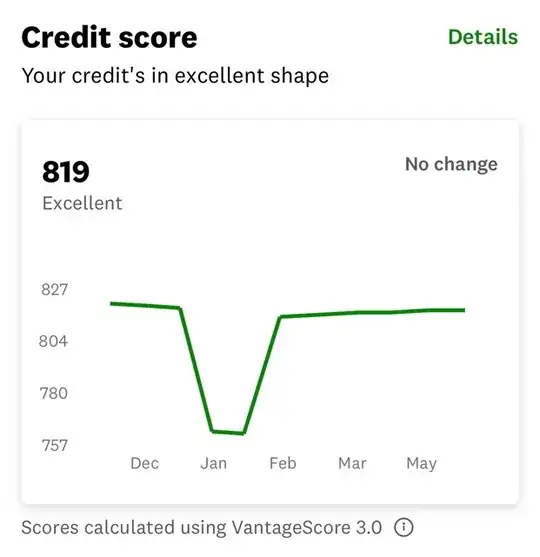My most recent statement period is Apr 13 to May 12, 2021 and the
minimum payment is due by June 9th.
When the statement closes on May 12th, a bill is generated. They will either mail you the bill, or post one to their website; or both.
There is a delay between the closing of the cycle, and the due date.
How exactly do these things normally work? I'm guessing there would be
a penalty if I didn't make the minimum payment on time, but either way
interest accrues on the unpaid portion? When does the interest accrue?
If you don't make any payment by June 9th, or a payment that is smaller than the minimum, you will be hit with a penalty for not making the minimum payment. You will also start to accrue interest.
If you pay at least the minimum balance by the due date, you will start to accrue interest, but there won't be a penalty.
If you pay the entire amount shown on the bill by the due date (June 9th), you will not pay any interest or penalties.
A word about interest. If you keep this cycle of paying the entire amount listed on the statement by the due date, you will avoid interest. If one month you pay less than the full amount, then your new purchases will start to accrue interest which can result in a much larger amount of interest than you expect.
You have to check the website/paperwork to see the interest rate involved, and the size of the penalty for not meeting the minimum payment.
What would happen if you paid an amount greater than the minimum
between April 13th and June 9th, would this go towards the minimum?
One line on the monthly bill will tell you how much the minimum payment will be.
lets look at your scenario:
- Cycle 1 starts: Apr 13
- Cycle 1 closes: May 12
- Cycle 2 starts: May 13
- Cycle 1 payment due: June 9th
- Cycle 2 closes: June 12
- Cycle 3 starts: June 13th
- Cycle 2 payment due: July 9th
A payment made while cycle 1 is open will reduce the minimum amount, but might not count as making a minimum payment. The amount due when the statement closes on May 12th determines the size of the minimum payment.
A payment between May 13 and June 9th will satisfy the minimum required payment.
The only way to avoid interest is to pay it all by June 9th.
Also is the due date usually the same each month i.e. the 9th?
The due date should be the same each month.
